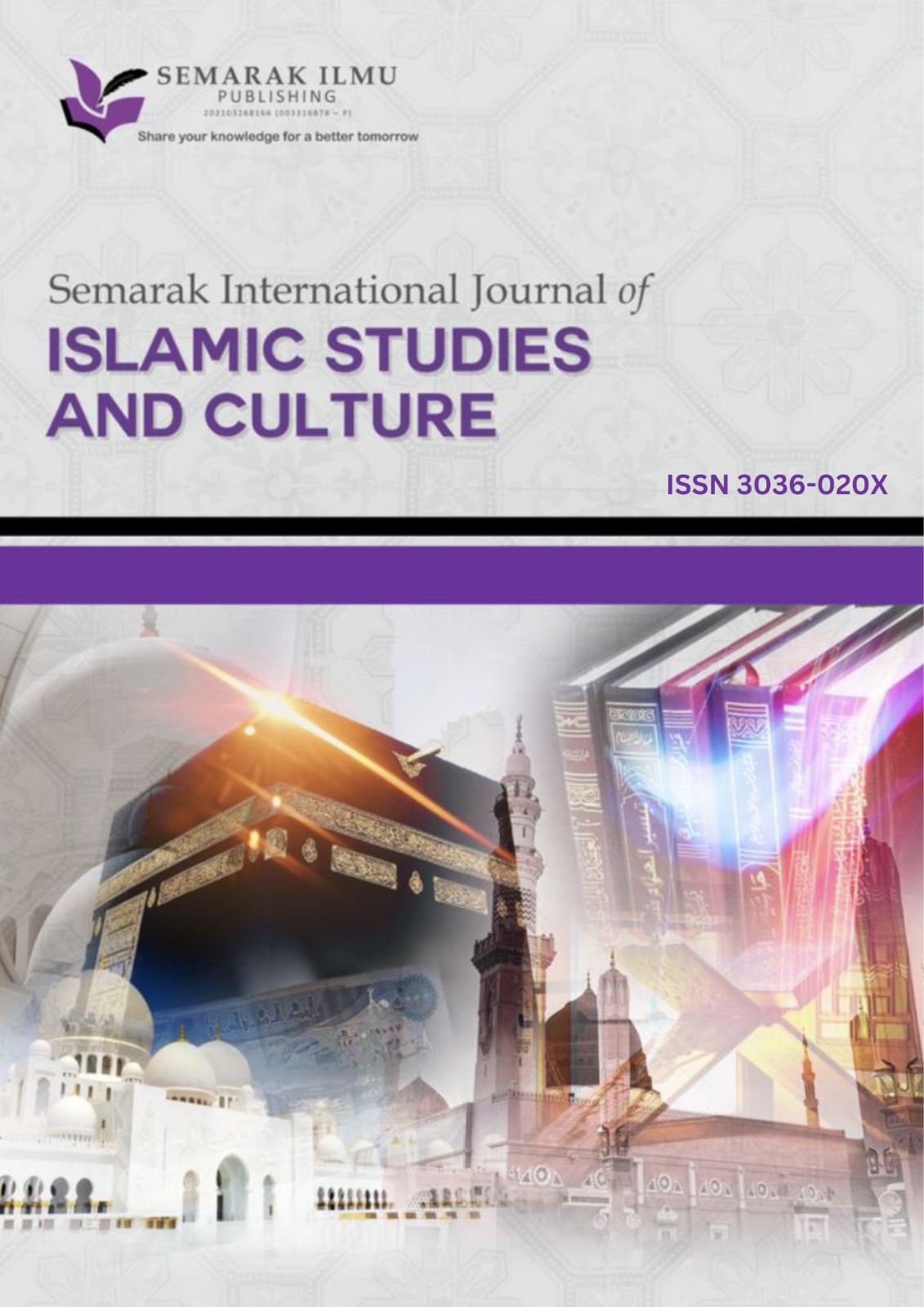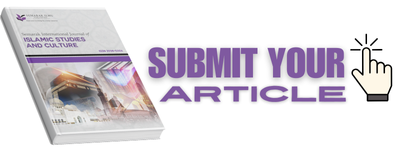Waqf –Takaful Compensation Model: The Documentation Framework Index (DFI) towards Good Governance Practices and Sustainability of Takaful Companies in Malaysia
DOI:
https://doi.org/10.37934/sijisc.1.1.1425Keywords:
Malaysia, Waqf, Takaful, socio-economic, governance, sustainabilityAbstract
The concept of Waqf in Takaful refers to the distribution of Takaful contributor death compensation benefits to selected religious institutions for Waqf property. In this given context, the Waqf is established upon the contributor's death, and the compensation received by the Waqf beneficiary will be utilized for religious welfare until the culmination of time on the day of judgment. Therefore, this study focused on the level of implementation of the Waqf-Takaful Compensation Model toward good governance practices and sustainability of takaful companies, using a Documentation Framework Index (DFI) which was developed based on the data collected from 106 takaful agents who were involved directly throughout the introduction of Waqf-Takaful Compensation Scheme until 2022. It was found that 88% of Takaful Agency documented the percentage of the death compensation to participants by choice. Followed by 81% of Takaful Agency declared participants have the right to decide the percentage of the Waqf to be contributed to religious institutions and 79% of Takaful Agency restricted participants can only Waqf the percentage of death compensation not to an individual but to religious institutions. However, there are still some weaknesses in several elements of documentation and marketing of Waqf –Takaful Compensation Scheme by Takaful companies that needs some improvement. Therefore, the Waqf-Takaful Compensation Model, facilitated by the Documentation Framework Index, presents a forward-looking approach that aligns with Islamic principles based on waqf and Takaful compensation practices which promotes good governance, fosters sustainability, and contributes to the overall growth and positive impact of the Takaful industry in the country. However, successful implementation of the Waqf-Takaful Compensation Model requires collaborative efforts from various stakeholders, including regulators, Takaful operators, scholars, and the community. Adequate awareness, education, and buy-in are essential for the widespread adoption of this innovative model.
Downloads














